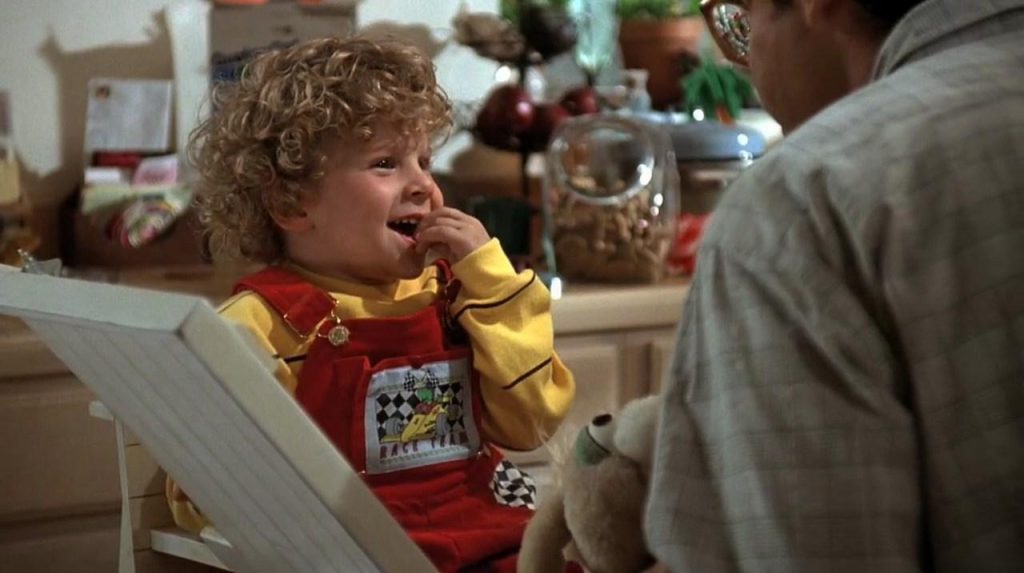What Does Developmentally Appropriate Mean?
When you are looking for proper pre-schooling for your youngster, the term “Developmentally Appropriate” probably doesn’t come to mind. Your mind is more than likely concerned with “cost” and rightfully so. But whether you’re aware of it or not, “Developmentally Appropriate” is exactly how your preschool of choice should run its program.

When you are looking for proper pre-schooling for your youngster, the term “Developmentally Appropriate” probably doesn’t come to mind. Your mind is more than likely concerned with “cost” and rightfully so. But whether you’re aware of it or not, “Developmentally Appropriate” is exactly how your preschool of choice should run its program.
The idea of developmentally appropriate is an approach to teaching that looks at both the child’s age and their individual needs. This approach to a preschool program means that it should fit the child; the child shouldn’t have to conform to the program.
When a child enters preschool, the teacher should be looking at the whole child. This means not only do they consider a child’s intellect, but they also look at social skills, emotional skills, physical aspects, and creative growth. Obviously, every child has their own pace at which they grow in each of these different areas. For example, a child might be strong emotionally and physically, but they need to develop more socially. All in all, though, a teacher will see some common developmental patterns from the children.
Preschool teachers become familiar with these patterns via training, or they may get it through the experience of being around young kids. They are able to take this training and/or experience to carefully plan your child’s activities that are neither too easy nor too difficult for the child to grasp. The goal of these activities is to help the child learn and grow.
Many of the developmentally appropriate activities preschool teachers employ are open-ended. This means the procedures are very flexible and they enjoy very few right or wrong answers. The reason for this is so children who may be at different levels of development can participate with others and have equal success.
The process is to first learn a child’s strengths and where they need assistance early on. Understanding that most of the young children will be coming from vastly different backgrounds and lifestyles, the practices preschool teachers will use should be culturally appropriate as well as linguistically and ability appropriate for each child in class. The developmentally appropriate practice is one that recognizes and supports each child individually as an important member of the preschool’s learning community.
So, how do you know, even if you weren’t looking, that your child’s preschool is developmentally appropriate? Per the National Association for the Education of Young Children (NAEYC), they define it as “Developmentally Appropriate Practice is informed by what we know from theory and literature about how children develop and learn.” With that in mind, probably the easiest and best way to know is by watching the children in action at school.
Pay attention to how each child responds to the teaching methods employed. If most of the children seem to be engaged or kept busy with their own individual activities, then the program is more than likely developmentally appropriate. On the other hand, if the children seem bored or get easily frustrated by the activities given to them by teachers, the program is probably not designed for the individual but for the group.
If observing the child in action is an impossibility for you, talking to the teachers or the director of the preschool should get you the answers you seek. You can discuss your child’s needs versus what the program offers to see if they help the individual or only concern themselves with the group. Finally, you can also ask if the preschool program is accredited by the NAEYC. If so, then you can rest assured that your child’s preschool program is developmentally appropriate.
As a parent of young children, you are going to want a program that leans its focus on the individual. It doesn’t mean that the program makes things easy for the child but what it does mean is that the program will make sure your child’s goals and experiences are best suited to their learning and development. The program will also be challenging enough that will maintain the child’s interest and enhance progress.
While this may seem like a lot to consider when looking for a preschool for your children, it really isn’t. Most preschools should have a developmentally appropriate practice set and it isn’t something that you should have to take your child to a specialized preschool for. Gaining the proper learning for your child is key in their development.
Article continues below headlines

The Best Type Of Butter Dish For Your Home Kitchen
The history of the butter dish is intertwined with the history of butter itself and the evolution of dining etiquette. …
Continue reading "The Best Type Of Butter Dish For Your Home Kitchen"
The post The Best Type Of Butter Dish For Your Home Kitchen appeared first on Tell Me Best.
Continue
How AI Could Create An Economic Sci-Fi Dystopia | GIANT FREAKIN ROBOT
Every technology has advantages and disadvantages; artificial intelligence (AI) is no different. Slated to transform the nature of work and …Continue reading "How AI Could Create An Economic Sci-Fi Dystopia"
Continue






